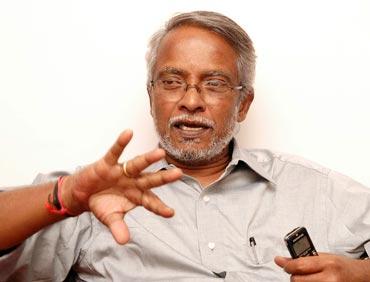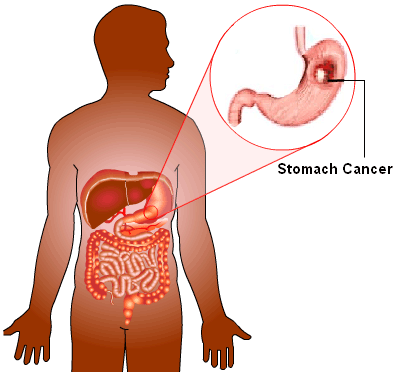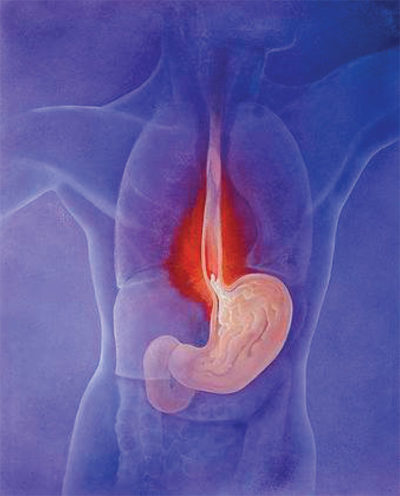There is an imbalance in the way WHO thinks as well.
Diseases that affect the rich are given priority. If five people die of H1N1 in the USA, it's an emergency.
Every day millions of children die of diarrhoea in Africa, but it's not high priority.
Every day 100,000 children die of TB in Africa, but it's not a priority.
So many children die before they are a year old, but nobody is bothered.
Unfortunately, money, which should go to the poor is diverted for the rich man's disease.Dr Vijaykumar Pannikar won the 2009 International Gandhi Award for his work on leprosy.
 A team leader of the World Health Organisation's Global Leprosy Programme from March 2005 to November 2009, Dr Pannikar worked with WHO on leprosy-related programmes for 20 years.
A team leader of the World Health Organisation's Global Leprosy Programme from March 2005 to November 2009, Dr Pannikar worked with WHO on leprosy-related programmes for 20 years.
Up for retirement next month, Dr Pannikar now divides his time between a small village in Karnataka near Hosur, and New Delhi.
You wanted to be a space scientist or a physicist, but went on to study medicine. Why?
In my time, medicine was the most sought after course. My parents wanted me to study medicine and become a doctor. They said if you can't get into medicine, do whatever you want.
I got admission to many medical colleges, but joined the Armed Forces Medical College in Pune. My parents were not very well off, so I chose AFMC as it offered free education for all the five years.
As my father was in the army and had to move to many locations, we were stationed at Pune. So I did my schooling and college in Pune as well.
In the final year, I was diagnosed with a pulmonary problem, so I was not allowed to work in the army. So I joined AFMC as a lecturer for undergraduates in anatomy.
How did you move from being a lecturer at AFMC to treating leprosy patients?
In 1972, my professor at AFMC asked me to meet the chief trustee of an NGO that was running the Dr Bandorawalla Leprosy Hospital in Pune. He desperately needed a doctor to take care of the 600-odd leprosy patients at the hospital.
And here's an aside -- patients murdered the earlier doctor apparently because he was unkind!
And you were not frightened?
No, I honestly wasn't. I just wanted to do something different. I had visited the hospital as a student, and it had left an impression on my mind. I don't know what it was.
That's why I decided to take it up when my professor asked me to. Sure, my family was worried in the beginning.
Were the patients hostile?
No, they were not and basically, they just wanted someone to take care of them. Within a few minutes of meeting them, they accepted me.
There were about 600 patients, some there throughout their life; some for a short duration, some very old and some, children.
At the time, the only treatment available was Dapsone. All the patients queued up in the morning before food and the tablet was put in their mouth. Thereafter, breakfast was served.
If any one of them did not queue up for the tablet, they were not served medicine that day. I thought it was like a prison.
I decided to make their lives a little bit better. I wanted the administration to change their attitude to the patients; I wanted them to respect the patients and I did not want them treated so shabbily.
Full article in the link below.
http://news.rediff.com/interview/2010/oct/20/interview-indian-doctor-who-beat-the-scourge-of-leprosy.htm
www.keralites.net





To subscribe send a mail to Keralites-subscribe@yahoogroups.com.
Send your posts to Keralites@yahoogroups.com.
Send your suggestions to Keralites-owner@yahoogroups.com.
To unsubscribe send a mail to Keralites-unsubscribe@yahoogroups.com.
Homepage: http://www.keralites.net









